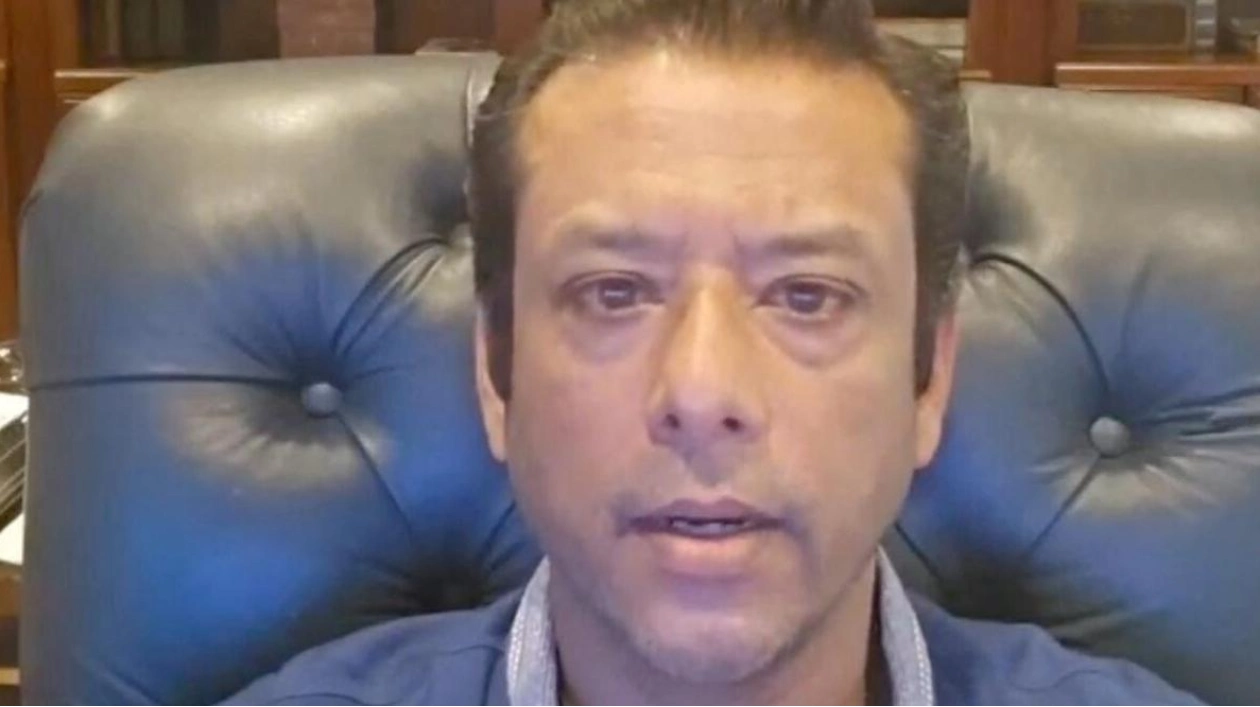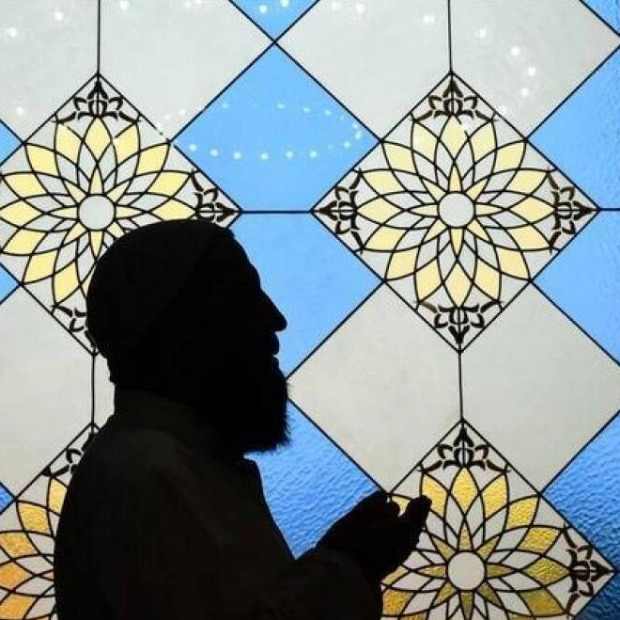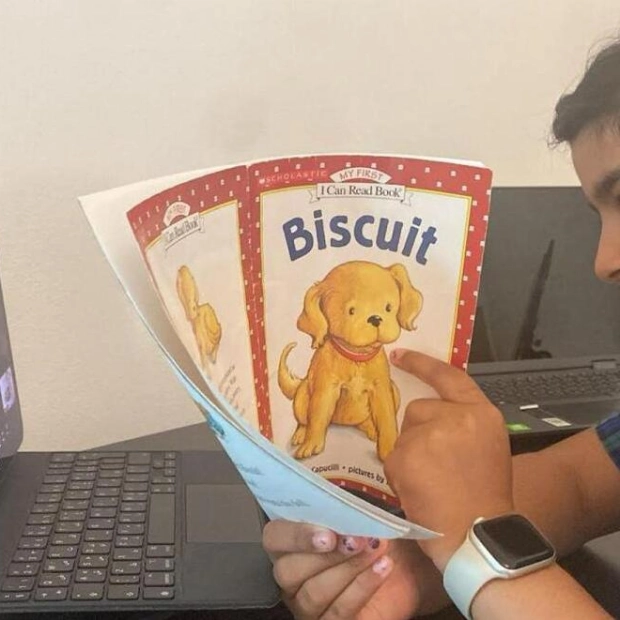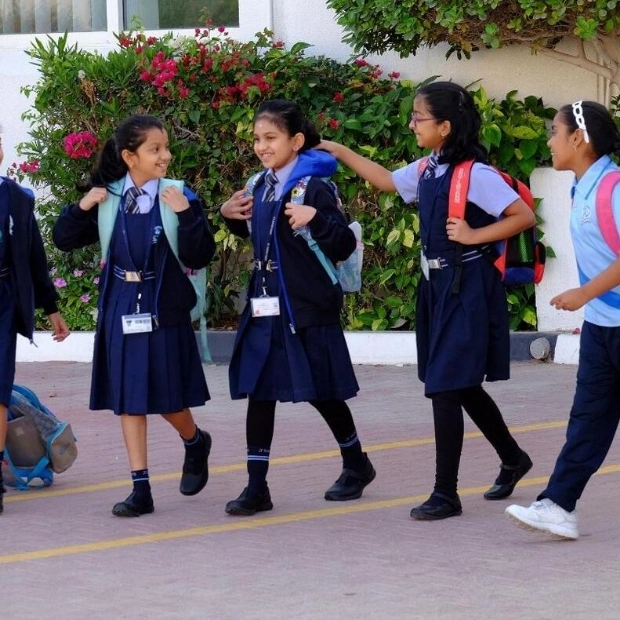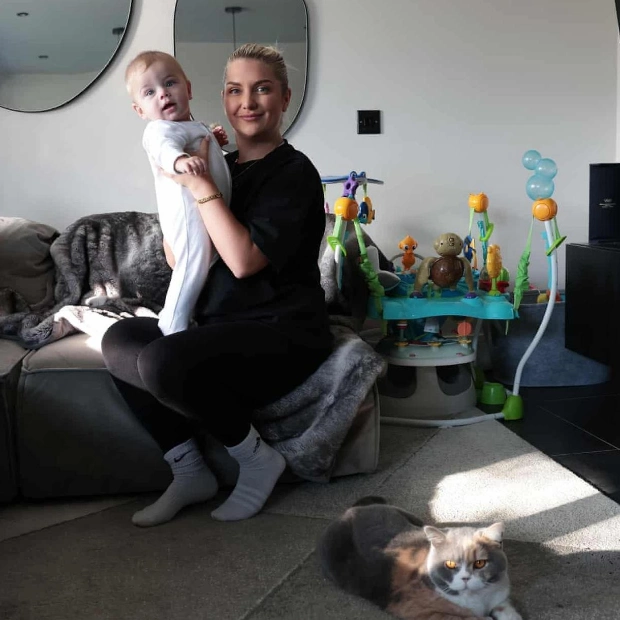The son of Bangladesh's ousted prime minister, Sheikh Hasina, expressed satisfaction with the army chief's timeline for elections within 18 months, although it was later than anticipated. However, he cautioned that genuine reform and fair polls were unattainable without his mother's party. General Waker-uz-Zaman, who refused to support Hasina during deadly student protests, leading to her flight to India in August, informed Reuters that democracy should be restored within a year to a year-and-a-half.
"I'm pleased to hear we have an expected timeline at least now," said Hasina's son and advisor, Sajeeb Wazed, in an interview with Reuters on Tuesday evening. "But we've witnessed this scenario before where an unconstitutional, unelected government promises reform, only for things to deteriorate further." He was alluding to Bangladesh's history of coups since its independence from Pakistan in 1971. The most recent coup occurred in 2007, when the military supported a caretaker government that ruled until Hasina assumed power two years later, a tenure that lasted 15 years.
Following Hasina's departure, the police were left in disarray, prompting the powerful army to take a pivotal role in subsequent events. Zaman stated that he meets the head of the interim government weekly as the military supports its stability efforts. Both major political parties, Hasina's Awami League and its rival, the Bangladesh Nationalist Party (BNP), have demanded elections within three months of the interim government's August inauguration.
The unelected interim government, led by Nobel Peace Prize laureate Muhammad Yunus, has pledged reforms in the judiciary, police, and financial institutions before elections but has not yet set a date. On Wednesday, Yunus' office announced that the government would engage in talks with political parties after receiving recommendations from the six reform panels it has established.
"Once consensus on the reforms is reached and the voter list is prepared, the date for the vote will be announced," the statement read. The BNP expressed its desire for elections to be held as soon as possible. Wazed, who resides in Washington, noted that neither he nor the interim government had initiated discussions on the future direction of the country of 170 million.
"It's impossible to achieve legitimate reforms and elections by excluding the oldest and largest political party," he emphasized. Hasina has been residing near Delhi since her flight last month. Many senior Awami League leaders have either been arrested or gone into hiding, accused of roles in the strife that resulted in over 1,000 deaths. Wazed added that many Awami League activists have been killed since Hasina's ousting.
Representatives of the interim government did not immediately respond to requests for comment on his statements. The head of an election reform panel, Badiul Alam Majumder, stated that recommendations would be made within three months following a review. "It's up to the government to decide whether to hold talks with the Awami League or determine the timing of the elections," he added.
Last month, Wazed informed Reuters that Hasina was prepared to face trial at home, a demand made by the student-led uprising, and that the Awami League wished to contest the elections. When asked on Tuesday about Hasina's potential return, he replied, "That will be up to her. Right now, I want to ensure my party members' safety, so I aim to raise international awareness about the atrocities committed against them by the Yunus regime."
